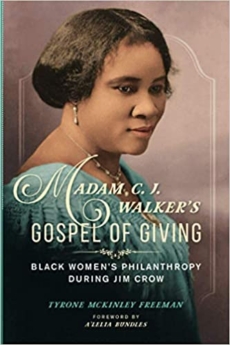
Photo by Seven Shooter on Unsplash
Lifting up Black expertise and voices in literature.
From Sustainable Agriculture to Arts & Humanities, to Climate Science Fiction, and many more genres in between, Black authors have told stories of the origins & consequences of environmental injustices, given us the richest and most comprehensive collection of poems about nature, and reimagined the future. The Solutions Project is excited to share recommendations to add to your reading list in February and all of the other months of the year.
Leah Thomas
The Intersectional Environmentalist examines the inextricable link between environmentalism, racism, and privilege and promotes awareness of the fundamental truth that we cannot save the planet without uplifting the voices of its people — especially those most often unheard. Written by Leah Thomas, a prominent voice in the field and the activist who coined the term “Intersectional Environmentalism,” this book is simultaneously a call to action, a guide to instigating change for all, and a pledge to work towards the empowerment of all people and the betterment of the planet.
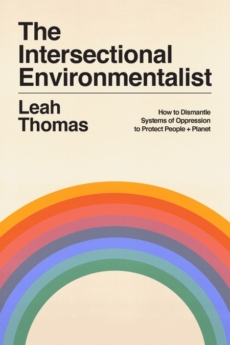
Tracey Micha’el Lewis-Giggetts
With this book, Tracey aims to gift her community with a collection of lyrical essays about the way joy has evolved, even in the midst of trauma, in her own life. Detailing these instances of joy in the context of Black culture allows us to recognize the power of Black joy as a resource to draw upon and to challenge the one-note narratives of Black life as solely comprised of trauma and hardship.
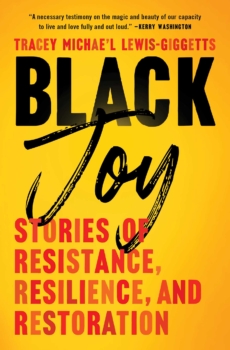
Derecka Purnell
For more than a century, activists in the United States have tried to reform the police. From community policing initiatives to increasing diversity, none of it has stopped the police from killing about three people a day. Millions of people continue to protest police violence because these “solutions” do not match the problem: the police cannot be reformed.
Becoming Abolitionists shows that abolition is not solely about getting rid of the police, but a commitment to create and support different answers to the problem of harm in society, and, most excitingly, an opportunity to reduce and eliminate harm in the first place.
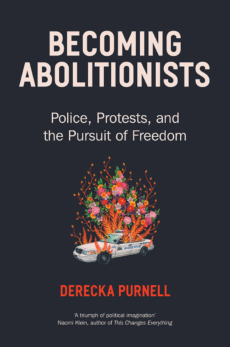
Patrisse Cullors
Filled with relatable pedagogy on the history of abolition, a reimagining of what reparations look like for Black lives, and real-life anecdotes from Cullors AN ABOLITIONIST’S HANDBOOK offers a bold, innovative, and humanistic approach to how to be a modern-day abolitionist. Cullors asks us to lead with love, fierce compassion, and precision.
AN ABOLITIONIST’S HANDBOOK is for those who are looking to reimagine a world where communities are treated with dignity, care, and respect. It gives us permission to move away from cancel culture and into visioning change and healing.
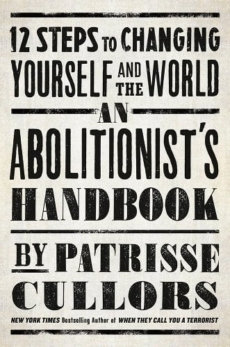
Tyrone McKinley Freeman
Madam C. J. Walker’s Gospel of Giving tells the story of the origins and evolution of one woman’s generosity, but it was (and is) not her story alone. It is also the story of a people and how their generosity helped them navigate and ultimately overcome powerful and externally imposed constraints. This book provides a window into the evolution of black women’s philanthropy during the critical turn-of-the-century period, which sets the stage for the coming civil-rights movement and provides the historical grounding for giving by African Americans today.
